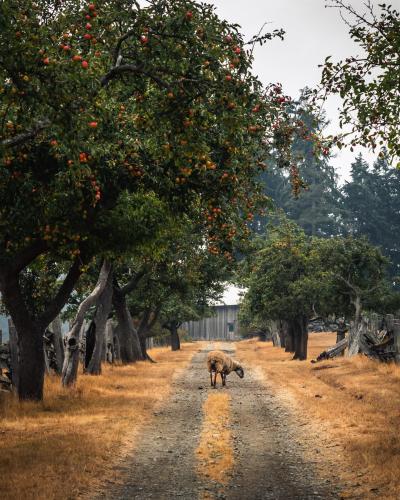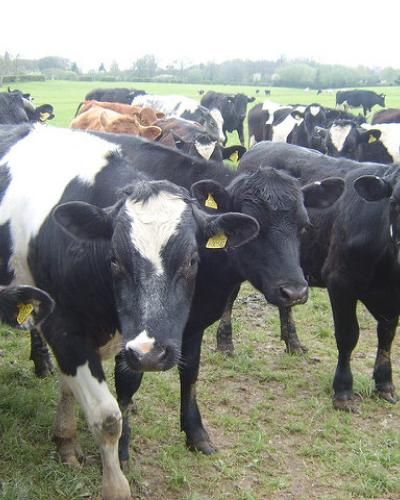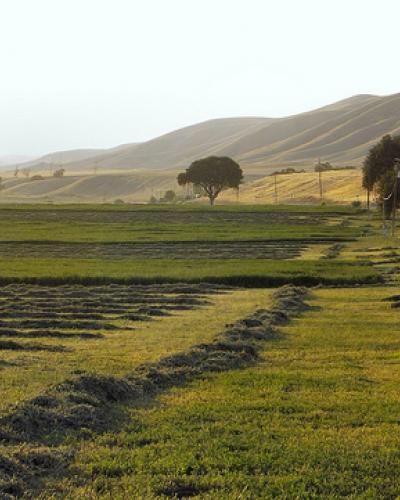A collaborative study from USDA and Montana State University scientists delved “far into the weeds” in evaluating the global warming potential in farming organic wheat when combining sheep grazing...
Aug 23, 2021
A study published in Soil Science Society of America Journal shows that organic farming emits fewer greenhouse gases and has lower global warming potential than conventional farming. The study...
Nov 16, 2020
Nitrous Oxide (N2O) is an important greenhouse gas that is often overshadowed by the focus on Carbon Dioxide (CO2), but increasing concentrations of nitrous oxide over the past two centuries have...
May 18, 2020
The body of science that shows organic farming can reduce greenhouse gas emissions, increase carbon storage, and mitigate climate change is growing. However, since organic production is generally...
Jan 27, 2020
Photo Credit: Luc Tribolet
Evidence continues to stack up to show that organic crop production is more energy efficient and reduces greenhouse gas emissions. A study...
Feb 19, 2019
Photo Credit: Juniper Photon
A recent study in Agricultural Systems shows that on a per area basis, organic systems use less energy and emit fewer greenhouse gases than...
Nov 08, 2018
Photo credit: EmerandSam
A recent study in the Journal Climatic Change examines the environmental performance of diets based on greenhouse gas emissions. The thought is...
Oct 22, 2018
Photo Credit: Ken Figlioli
In general, large-scale agriculture contributes to climate change by consuming many fossil fuels for energy and emitting large amounts of...











